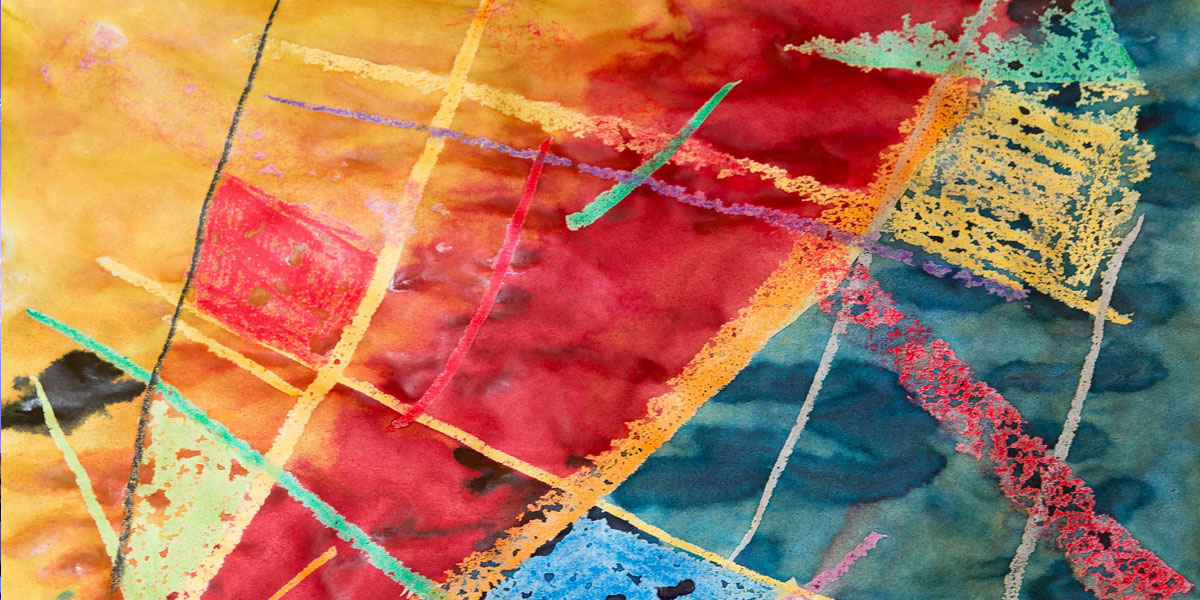How do we become better at something? Or how do we become the best we can possibly be in our respective function or life situation? If I am a student, how do I become the best student that I can be? If I am a musician, how do I become the best musician that I can be? How can I become the best worker, the best teacher, or the best parent I can possibly be? If I believe in Buddhism, how can I be the best Buddhist I can possibly be? Or the best Christian, the best ‘whatever’ that I see myself as?
In short, how do I become the best human being that I can possibly be?
The answer is simple – by putting my heart fully into whatever I do.
Sounds simple? It is, but it’s not easy!
What prevents me from putting my heart fully into anything? Perhaps I get distracted. Or perhaps I have too many things to do at the same time. Or maybe I don’t truly enjoy what I’m doing, or am not convinced about it. I am fragmented or split in different ways. The full capacity of my heart is broken into multiple streams which get further diluted into tiny brooks.
How do I integrate these fragmented parts of my being into a single channel, which allows me to be the best that I can be, in any situation?
By meditating on the heart. The senses and the mind are trained to appreciate the diversity of this world in all its glorious manifestations. The mind is the most useful instrument for analyzing, dissecting and understanding things around us. But to bring things together, to integrate, we need a different capacity. We need something beyond the mind and the senses.
This is the domain of the heart – to bring together, to make one, and to make whole. How do we access the heart? How do we learn it’s language? By using the mind to meditate on the heart.
Everyone knows about the benefits of meditation and can understand the importance of the heart. But how is it actually done? We struggle to sit still for more than a few minutes and the mad rush of thoughts seems impossible to control. The mind has been compared to a monkey, whose nature is restless, which has been allowed to drink too much wine, and then is stung by a scorpion and then possessed by a demon! How can we possibly tune into the heart when faced with the intoxication of desire, stung by our jealousies and possessed by a relentless ego?
There is a natural energy that is available to all of us, which helps us meditate on the heart. Some call it “transmission” and it has always been there. In radio transmission, a receiver needs to be tuned to a certain frequency to pick up a signal. Similarly, our heart needs to be tuned to be receptive to this natural energy of transmission.
Heartfulness meditation helps us tune ourselves to be able to receive this transmission, and utilize it to meditate on our heart. This helps us integrate our various dissipated capacities and fragmented selves into a single, whole channel.
By doing this, we progressively become better and better at everything we do, and eventually become the best possible human being that we can be!
To experience this unique transmission, you are welcome to first try this practice of Heartfulness meditation on your own. When you are ready, you can meditate with a trainer, who will help you tune your heart to become more and more receptive, until you can meditate and experience the effects of transmission on your own.






